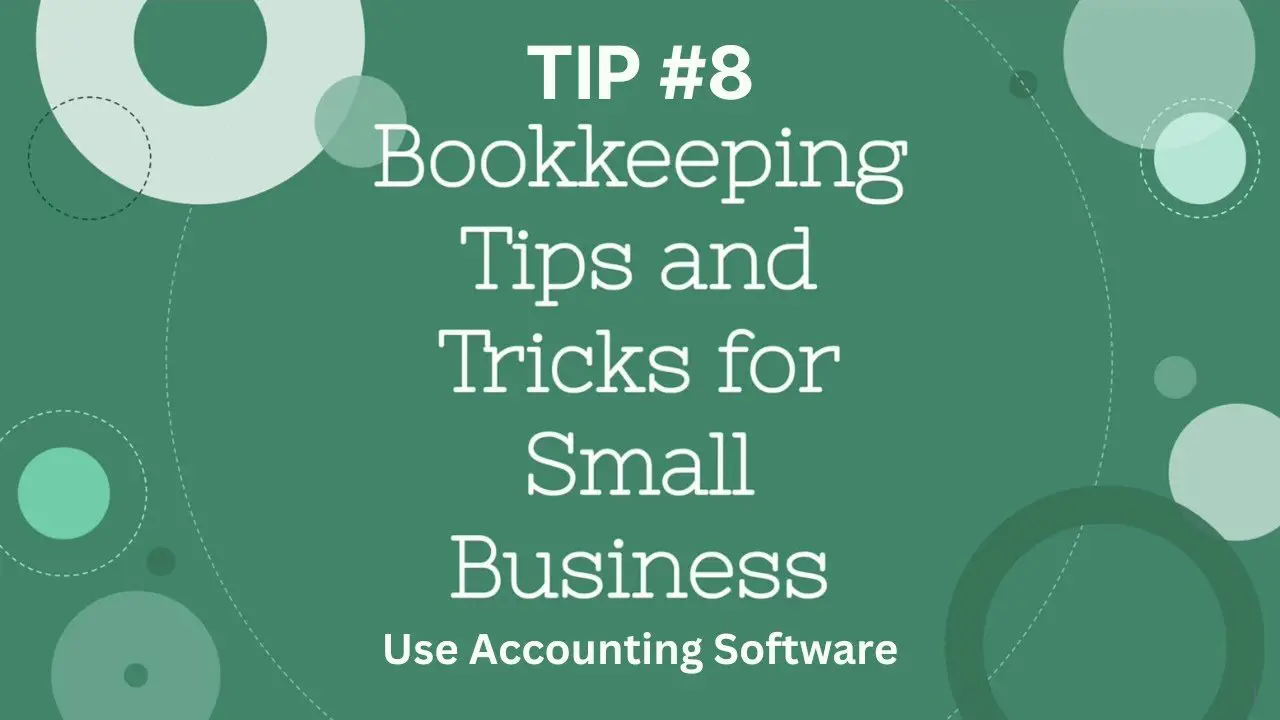Looking for practical ways to reduce the cost of your daily commute? We’ve got you covered. Whether you’re a seasoned commuter or just starting out, finding ways to cut down on expenses can make a significant difference in your monthly budget. From exploring alternative transportation options to optimizing your route, there are numerous simple yet effective strategies that can help you save money. In this article, we’ll guide you through some actionable steps on how to reduce the cost of your daily commute without sacrificing convenience or comfort. So, let’s dive in and discover how you can make commuting more affordable and stress-free!
How to Reduce the Cost of Your Daily Commute
Introduction
Commuting to work can be expensive. Between fuel costs, parking fees, tolls, and public transportation fares, the daily expenses can quickly add up. However, with some careful planning and smart choices, it is possible to reduce the cost of your daily commute. In this article, we will explore various strategies that can help you save money and make your daily commute more affordable.
Carpooling
One effective way to reduce commute costs is by carpooling. Carpooling involves sharing a ride with others who are traveling in the same direction. By pooling resources with colleagues, friends, or neighbors, you can split the fuel costs and potentially save a significant amount of money.
Benefits of carpooling include:
- Reduced fuel expenses: Sharing the ride means each passenger contributes to the cost of fuel, resulting in lower expenses for everyone involved.
- Shared tolls and parking fees: If your daily commute involves toll roads or parking fees, carpooling allows you to divide these expenses among the passengers, making it more affordable for each individual.
- Reduced wear and tear on your vehicle: By sharing the driving responsibilities, you can minimize the wear and tear on your car, potentially extending its lifespan and reducing maintenance costs.
- Reduced traffic congestion: Carpooling helps alleviate traffic congestion by reducing the number of vehicles on the road, leading to shorter commute times and a more enjoyable travel experience.
Utilizing Public Transportation
Public transportation can be a cost-effective alternative to driving your own vehicle. Consider the following options:
Bus or Train Passes
Purchasing a bus or train pass can be significantly cheaper than the cost of fuel, parking, and vehicle maintenance. Many cities offer monthly or yearly passes that provide unlimited rides within a specific area. By opting for public transportation, you not only save money but also reduce your carbon footprint.
Subsidies and Employer Programs
Check if your employer offers commuter benefits or subsidizes public transportation costs. Some companies provide their employees with pre-tax deductions for public transportation expenses, making it even more affordable to use buses, trains, or subways for daily commuting.
Biking or Walking
For shorter distances, consider biking or walking to work. Not only does it save money on transportation costs, but it also improves your health and reduces pollution. Make sure to explore bike lanes and pedestrian-friendly routes in your area to ensure a safe and pleasant commute.
Flexible Work Arrangements
In recent times, many individuals have transitioned to remote work or flexible work arrangements. If your job allows it, consider discussing flexible work options with your employer. Here’s how it can help you reduce your daily commute costs:
Telecommuting
Working remotely from home eliminates the need for a daily commute altogether. This can result in substantial savings on fuel, tolls, parking, and other commuting expenses. Additionally, telecommuting allows for a more flexible schedule, providing convenience and work-life balance.
Flexible Hours
Discuss the possibility of flexible work hours with your employer. By adjusting your work schedule to avoid peak traffic times, you can significantly reduce the time spent commuting. This can save you money on fuel and parking fees, as well as reduce stress associated with traffic congestion.
Vehicle Maintenance and Fuel Efficiency
Taking care of your vehicle and maximizing fuel efficiency can help reduce the overall cost of your daily commute. Consider the following tips:
Regular Maintenance
Maintaining your vehicle regularly can prevent costly repairs and improve fuel efficiency. Regularly change the oil, check tire pressure, and perform routine inspections to ensure your car is running smoothly. By keeping your vehicle in good condition, you can minimize fuel consumption and save money in the long run.
Fuel-Efficient Driving
Adopting fuel-efficient driving techniques can help you save money on fuel costs. Here are some practices to consider:
- Smooth acceleration and deceleration: Avoid sudden accelerations and harsh braking, as they consume more fuel. Instead, accelerate and decelerate gradually.
- Avoid excessive idling: If you’re stuck in traffic or waiting for someone, turn off your engine instead of idling. This reduces fuel consumption and emissions.
- Use cruise control: When appropriate, use cruise control to maintain a consistent speed and optimize fuel efficiency.
- Reduce vehicle weight: Remove unnecessary items from your car as extra weight increases fuel consumption. The lighter the vehicle, the less fuel it requires.
Reducing the cost of your daily commute is not only beneficial for your wallet but also for the environment. By implementing strategies such as carpooling, utilizing public transportation, exploring flexible work arrangements, and focusing on vehicle maintenance and fuel efficiency, you can make your commute more affordable and sustainable. Take the time to evaluate your options and choose the strategies that work best for your circumstances. With a little planning and creativity, you can significantly reduce your daily commute expenses.
The Hidden Cost Of Your Daily Commute
Frequently Asked Questions
Frequently Asked Questions (FAQs)
1. How can I reduce the cost of my daily commute?
Consider carpooling with colleagues or neighbors who share a similar route to split the cost of fuel and tolls.
2. Are there any alternative transportation options that can help me save money?
Yes, you can explore options such as cycling, walking, or taking public transportation, which can significantly reduce your daily commute expenses.
3. Does maintaining my vehicle properly contribute to cost reduction?
Absolutely! Regular vehicle maintenance, such as checking tire pressure, getting regular oil changes, and keeping your car properly tuned, can improve fuel efficiency and reduce costs in the long run.
4. Is it possible to negotiate for flexible work hours to save on commuting costs?
Yes, you can discuss flexible work schedules with your employer that allow you to travel during off-peak hours, avoiding heavy traffic and potentially reducing fuel consumption and commuting time.
5. How can I save on parking fees during my daily commute?
Consider looking for free or cheaper parking options nearby, such as public parking lots or street parking, instead of relying on expensive parking garages or lots.
6. Can carpooling services or ride-sharing apps help me reduce my commuting expenses?
Absolutely! Joining carpooling services or using ride-sharing apps can help you share the cost of commuting with others, reducing your expenses significantly.
7. Are there any fuel-efficient vehicles that can help me save on fuel costs?
Yes, choosing a fuel-efficient vehicle, such as a hybrid or electric car, can help you reduce your fuel expenses over time.
8. How can I save on toll fees during my daily commute?
Consider researching alternative routes that avoid toll roads or finding ways to carpool with someone who already has a toll pass to reduce or split the toll costs.
Final Thoughts
To reduce the cost of your daily commute, there are several effective strategies you can implement. Firstly, consider carpooling or ridesharing with colleagues or neighbors who have a similar route. This not only saves money on fuel but also reduces the wear and tear on your vehicle. Additionally, using public transportation or biking can be cost-effective alternatives. Planning your route in advance and avoiding traffic congestion can also lower your fuel expenses. Lastly, consider telecommuting or flexible work arrangements to minimize the frequency of commuting. By implementing these methods, you can successfully reduce the cost of your daily commute.



